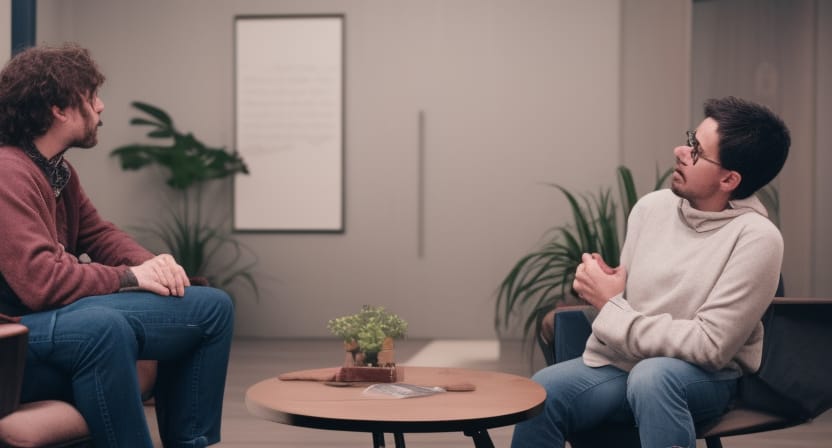Thoughts on Artificial Intelligence

Artificial Intelligence has become mainstream news lately, but not for the reasons we once thought. Up until now a lot of the conversation around AI has been about number-crunching and solving the problems of the world. It was often encased in the idea of automation, such as self-driving cars, replacements for “unskilled” human labor, or as some computer programs that could hack into any system no matter how secure.
In more recent months, the discussion has shifted significantly. We’re now talking about artificial intelligence simulating human creativity. Artists everywhere have been shaken to their very core. Sure, they have concern about the threat to their livelihoods, but it goes so much deeper than that. There is something so human about art. We know whales make song, and some birds have mating dances. Insects harmonize with each other in the dark, and primates have been known to draw with sticks.
But, only humans create such a variety of art, and only humans have created specific forms of art. We categorize art, barter it, and enjoy it in our daily lives. It may not be uniquely human but it very human. It is baked into our DNA to create and to express ourselves through those creations. Now, expression may need redefining, and that sounds a little scary.
The ability for artificial intelligence to to express itself is debatable. Its intelligence is only as good as its programmers can design it to be. At least, at first. It is designed to “evolve”, become better than its programming, but there are still inherent limitations to that. However, the limitations have become so narrow, there is almost nothing artificial intelligence cannot simulate in some way when given a good set of instructions. It has an amazing ability regurgitate uniquely. Its interpretations however are uniquely unhuman.
AI-generated art, such as the one used as the featured item for this article, can simulate a human scene, certainly. It can interpret a line and regurgitate something vaguely resembling what you’ve asked of it, but it lacks something. Call it a soul, if you will. Whatever the label, it’s noticeable absent. Perhaps it’s how they can’t ever get the features quite right.
For that reason, I don’t personally worry about the future of healthcare where Artificial Intelligence is concerned. What’s funny about that is how many movies have included a bleak version of mental health care in their dystopian future narratives. There have been depictions of psychiatrist robots dispensing medications on the spot, plastic therapists asking you how you feel, and empathic automaton home health aides.
Just as AI-generated art lacks an accuracy of expression or a muddied interpretation of reality, artificial intelligence can never be human enough to express real empathy. You can already tell when someone isn’t being genuine with you. How would you feel talking to a lifeform that you know doesn’t feel things the way you can. Remember, ethical disclosure would require clients know their counselor or therapist isn’t a “real person”. So, would you have confirmation bias if you knew?
In the end, I believe my profession is quite safe from the inevitable future of artificial intelligence. I truly feel for those who are filled with the anxiety of uncertainty that is that inevitable future. I don’t know the specifics who impacted, how they are, nor to what degree, but I do understand your concern and I empathize with you. Know that people out there seeking value in the art they consume will always appreciate the uniqueness of human artistry, whether it is a painting, a ceramic pot, or catchy tune. At least, that’s my take on it.
Thanks for reading, everyone. Be well and Stay Lifted.